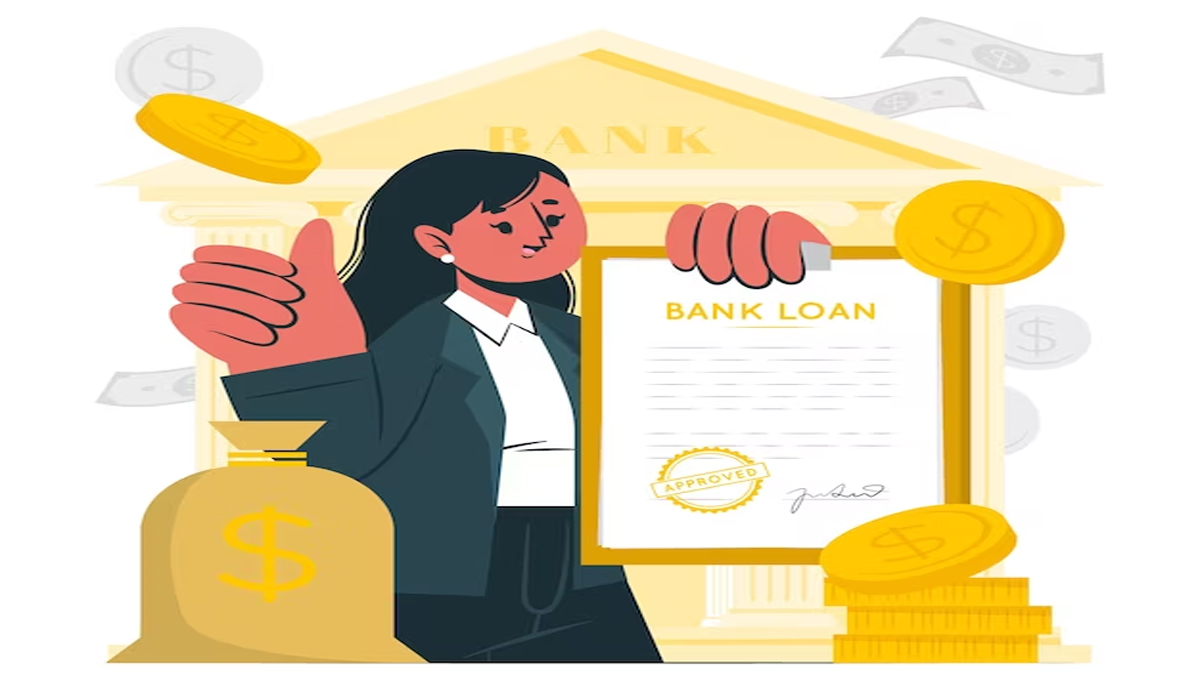Whether a loan guarantor can be held liable for loans that were fraudulently obtained by the borrower depends on a variety of factors, including the specific terms of the guarantee agreement, the applicable laws, and the circumstances surrounding the fraud.
Let’s explore this in more depth:
- Guarantee Agreement Terms:
- The terms of the guarantee agreement are critical. Guarantees can take various forms, but in most cases, they are a promise by an individual or entity (the guarantor) to pay the lender if the borrower defaults on the loan. The guarantee agreement may specify the extent of the guarantor’s liability, including the maximum amount they are liable for.
- Borrower’s Fraudulent Actions:
- If the borrower obtained the loan through fraudulent means, it’s crucial to understand the nature and extent of the fraud. Common examples of borrower fraud include providing false income information, fake documents, or misrepresenting their creditworthiness.
- Knowledge of Fraud:
- The guarantor’s liability may be influenced by their knowledge of the borrower’s fraudulent actions. If the guarantor had no knowledge of the fraud and believed they were guaranteeing a legitimate loan, it may affect their liability. However, if the guarantor was aware of or complicit in the fraudulent activity, their liability may be more extensive.
- Legal Framework:
- The legal framework governing loan guarantees varies by jurisdiction. Laws and regulations regarding guarantees, fraud, and liability differ from one place to another. It is essential to consult with a legal professional well-versed in local laws to understand the specific implications.
- Statute of Limitations:
- Statutes of limitations set time limits for pursuing legal actions. If the borrower’s fraud occurred several years ago, the guarantor may have a defense based on the statute of limitations, depending on the applicable law.
- Defenses for the Guarantor:
- Guarantors may have various defenses, including lack of capacity to enter into the guarantee agreement, duress, fraud, or unconscionable terms. If the guarantee agreement was obtained under circumstances that make it unfair or unenforceable, the guarantor may have legal defenses.
- Court Interpretation:
- Courts play a vital role in interpreting guarantee agreements and assessing the liability of guarantors in specific cases. The outcome may depend on the judge’s interpretation of the facts, the language in the guarantee agreement, and applicable legal precedents.
- Subrogation and Recovery:
- If the lender has already pursued legal action against the borrower for the fraudulent loan, and the guarantor has paid the lender on behalf of the borrower, the guarantor may have the right to seek subrogation. Subrogation allows the guarantor to step into the lender’s shoes and attempt to recover the funds paid to the lender from the borrower.
- If the lender has already pursued legal action against the borrower for the fraudulent loan, and the guarantor has paid the lender on behalf of the borrower, the guarantor may have the right to seek subrogation. Subrogation allows the guarantor to step into the lender’s shoes and attempt to recover the funds paid to the lender from the borrower.
In summary, whether a loan guarantor can be held liable for loans obtained fraudulently by the borrower is a complex legal matter that depends on various factors. The terms of the guarantee agreement, the extent of the borrower’s fraud, the guarantor’s knowledge and involvement, the applicable legal framework, and potential defenses all play a role in determining liability. It’s crucial for both borrowers and guarantors to seek legal counsel in such situations to understand their rights and obligations.
